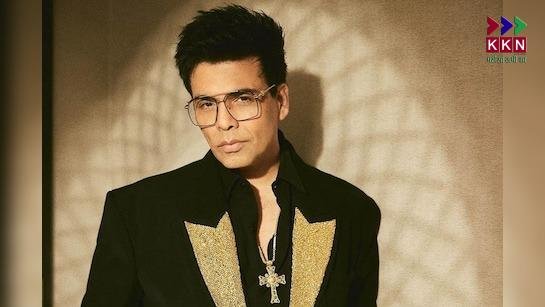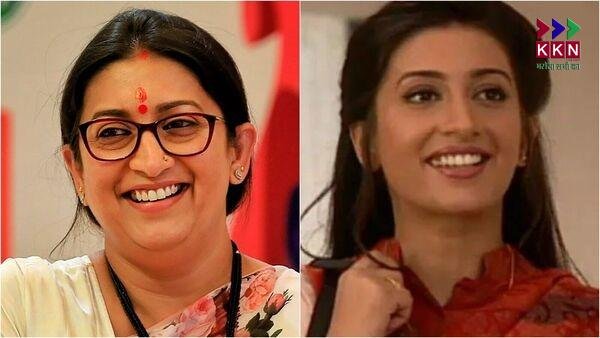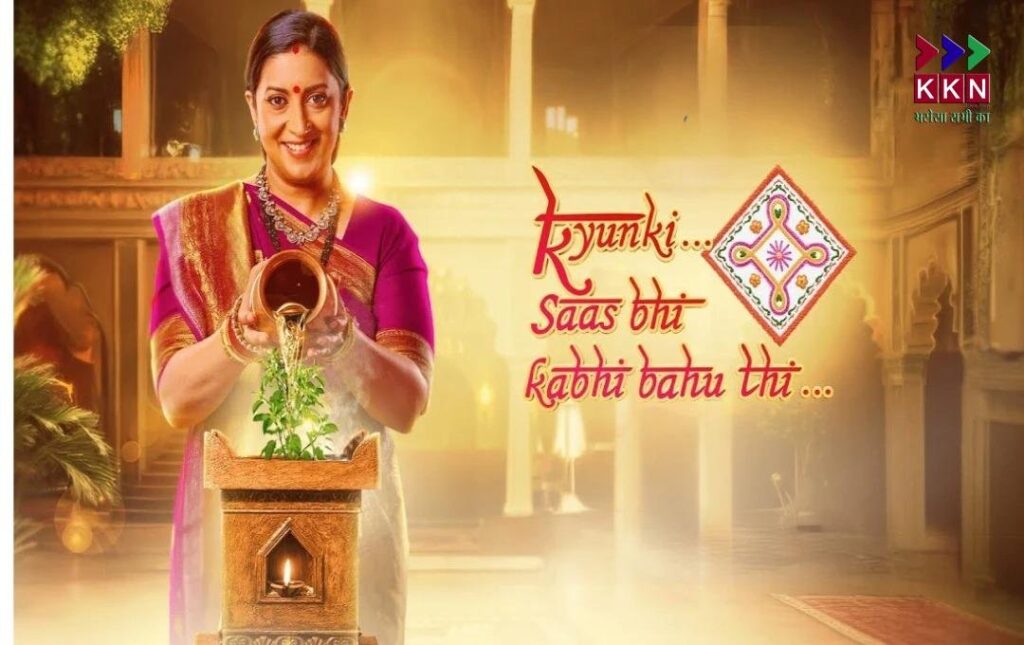
Renowned filmmaker and producer Karan Johar, who is gearing up for the release of his much-anticipated film Dhadak 2, has opened up about his childhood in a deeply personal conversation. Speaking candidly, he shared how he always felt different from other boys around him while growing up. His mannerisms, voice, body language, and interests were often labeled as unusual, which led to isolation and rejection in his early years.
Karan Johar revealed these emotions during an intimate conversation with Jay Shetty, where he revisited the memories that shaped his identity. The candid tone of his revelations has sparked meaningful conversations around masculinity, individuality, and self-acceptance in today’s world.
Karan Johar Felt Isolated in His Childhood
During the interaction, Karan recalled how his childhood was marked by a sense of not belonging. He remembered living in apartments where all the children would gather every evening to play games like football or cricket. While he longed to be a part of their teams, he was never chosen. According to him, it wasn’t because of a lack of effort but rather because he didn’t fit the conventional mold of what a “boy” was expected to be like.
He openly said, “I wanted to be on the football team. I wanted to play cricket. But no one picked me because I wasn’t good at it. I wasn’t sporty enough. I wasn’t man enough. All I wanted back then was to be accepted, to be part of the group. Dreams came much later. In those years, it was just about fitting in.”
“I Walked, Talked, and Ran Differently”
Karan Johar, known today for his sharp fashion sense and confident screen presence, admitted that his body language and voice were often the cause of ridicule. He shared how his peers and even adults would point out that he “walked differently, talked differently, and ran differently.” These traits, considered atypical in boys at the time, made him feel like an outsider within his own age group.
He recalled, “In the 80s, I didn’t even know what I was or how I was supposed to feel. I was too young to understand identity, but I knew I was not like the rest. People around me used to say I was more like a girl than a boy. My interests, hobbies, and overall choices didn’t match the so-called masculine ideal.”
“I Was Told I Was Too Much Like a Girl”
Touching upon the societal expectations of gender norms, Karan Johar stated that many around him would often tell him that he was “too much like a girl.” This kind of labeling, especially at a young age, had a lasting impact on his self-image and emotional well-being. He grew up believing that being different made him inadequate, which added to his insecurity.
In his own words, “I had a soft voice. I wasn’t aggressive. I liked storytelling. My hobbies were not like the other boys. People told me that I behaved more like a girl than I should have. That made me feel something was wrong with me.”
Longing for Inclusion Before Ambitions
Interestingly, Karan Johar pointed out that at that age, his biggest aspiration wasn’t to be a filmmaker or a celebrity. All he wanted was to be included, to be liked, and to have friends to play with. His childhood dream was not fame or cinema, but simple human connection. “My dreams came much later,” he said. “At that age, I only wanted to be with other kids, to belong.”
This perspective gives a deeper insight into his emotional landscape as a child and how his longing for acceptance eventually shaped his creative storytelling, which often revolves around themes of identity, love, and acceptance.
Relevance in Today’s Conversation Around Masculinity
Karan Johar’s honesty about his personal struggles as a child is deeply relevant in today’s socio-cultural context, especially in discussions around gender expression and the definition of masculinity. His experience resonates with many who have been judged or sidelined for not fitting into expected societal roles.
The fact that one of India’s most successful filmmakers once battled feelings of unworthiness simply for being different is a powerful reminder that gender norms can often be more harmful than protective. Karan’s narrative is helping break the silence around emotional vulnerabilities in men, especially those growing up in environments where conformity is expected and difference is shunned.
From Outsider to Industry Icon
Karan Johar, despite these early setbacks, went on to become one of the most influential figures in Bollywood. As a director, producer, talk-show host, and entrepreneur, he has redefined modern Indian cinema in many ways. Films like Kabhi Khushi Kabhie Gham, My Name Is Khan, and Ae Dil Hai Mushkil showcase emotional depth, layered characters, and often touch upon themes of belonging, identity, and self-worth.
Perhaps, it’s not a coincidence that many of his characters mirror his own journey — from being misunderstood to being celebrated.
A Message for the Youth
By speaking out, Karan Johar is encouraging a more open, empathetic, and inclusive society. His words are particularly impactful for children and teenagers who may be going through similar experiences of rejection or isolation due to their appearance, voice, behavior, or interests.
His message is clear — being different is not being wrong. Every child, regardless of how they speak, walk, or dream, deserves acceptance, love, and a space to grow.
Karan Johar’s reflection is more than just a personal memory — it’s a powerful social commentary. In a world where being different is often punished, his story stands out as a beacon of hope for those who don’t fit the norm.
By choosing to share his childhood struggle publicly, he not only humanizes the celebrity image but also contributes meaningfully to ongoing conversations around mental health, self-esteem, and the broader meaning of masculinity.
Share this:
- Click to share on WhatsApp (Opens in new window) WhatsApp
- Click to share on Facebook (Opens in new window) Facebook
- Click to share on Threads (Opens in new window) Threads
- Click to share on Reddit (Opens in new window) Reddit
- Click to share on Telegram (Opens in new window) Telegram
- Click to share on X (Opens in new window) X
- Click to share on LinkedIn (Opens in new window) LinkedIn


